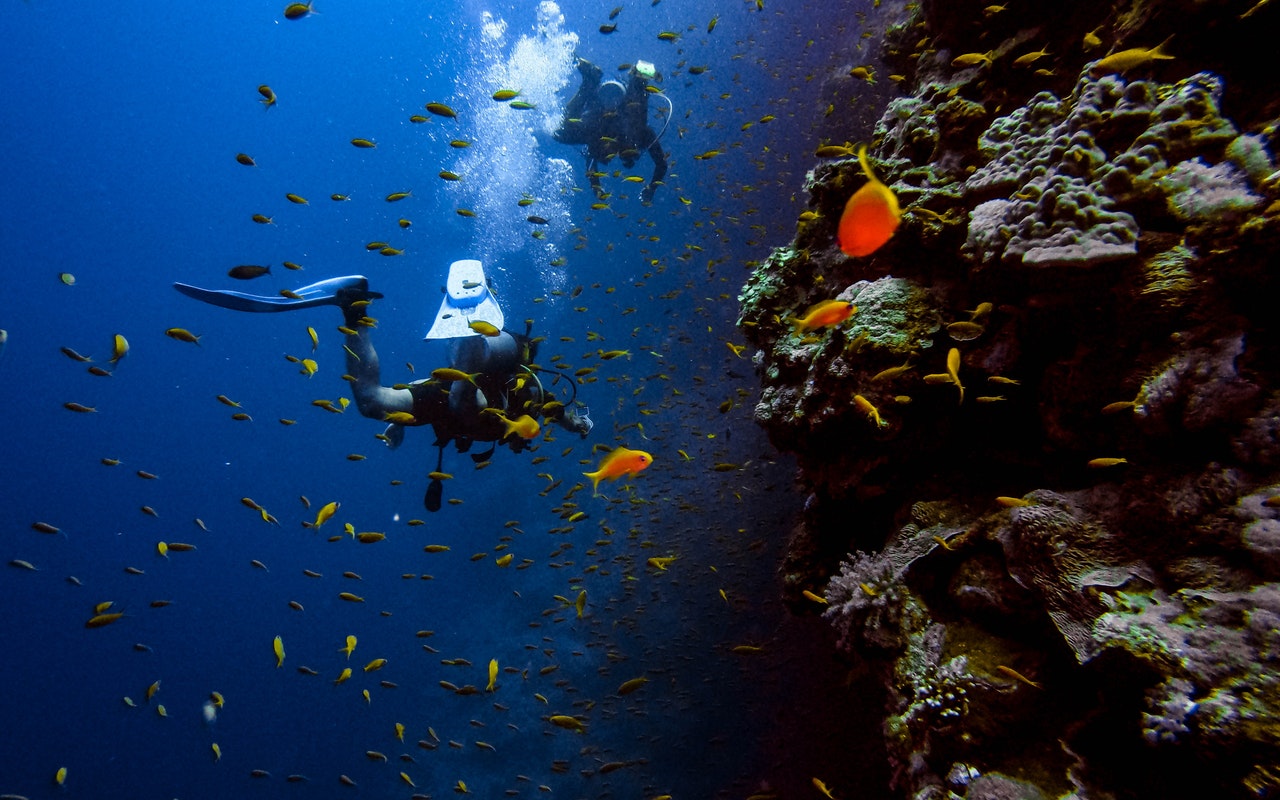Safety and health FAQ
Is scuba diving safe?
You’re more likely to die while jogging. So, stay safe and go scuba diving instead!
Seriously, scuba diving is generally a safe and low-risk sport. However, like literally any activity in life, it does carry some risk. The majority of injuries and deaths are due to diver error, so it is important to get a proper diving education and follow the rules you learned in your course. Divers with health issues are also at a higher risk, so if you have any medical issues, see your doctor to check if you can go diving.
Why do I need a medical certificate signed by my doctor?
If you want to do a PADI recreational course you need to have a medical certificate signed by your physician in the past 24 months. If you want to do a PADI professional course or TEC course, you need to have a medical certificate signed by your physician in the past 12 months.
This is for your own safety. Diving is generally not a dangerous sport, but if you have any health issues then you might be putting yourself at risk. A physician needs to confirm that you have no medical conditions incompatible with diving.
It is possible to do get a medical certificate at the local hospital, but you can expect to pay a fee.
I already have a medical certificate for another sport. Is that valid?
No, just because you can go sky diving, doesn’t mean you can go scuba diving. The medical certificate that is required for diving needs to specifically state that you have no medical conditions that are incompatible with diving.
Why do I need to sign a medical statement?
A medical statement needs to be signed before a DSD, Bubblemaker or Scuba review. The statement consists of some basic questions about your health and by signing it you are confirming you have no medical issues incompatible with diving. Above all, this is for your own safety.
If your answers on the questionnaire indicate that you might have health issues and you don’t have a medical certificate signed by your doctor, you can go to the local physician to do a check-up and see if you are okay to dive. If you go to the local hospital, you will have to pay a fee.



